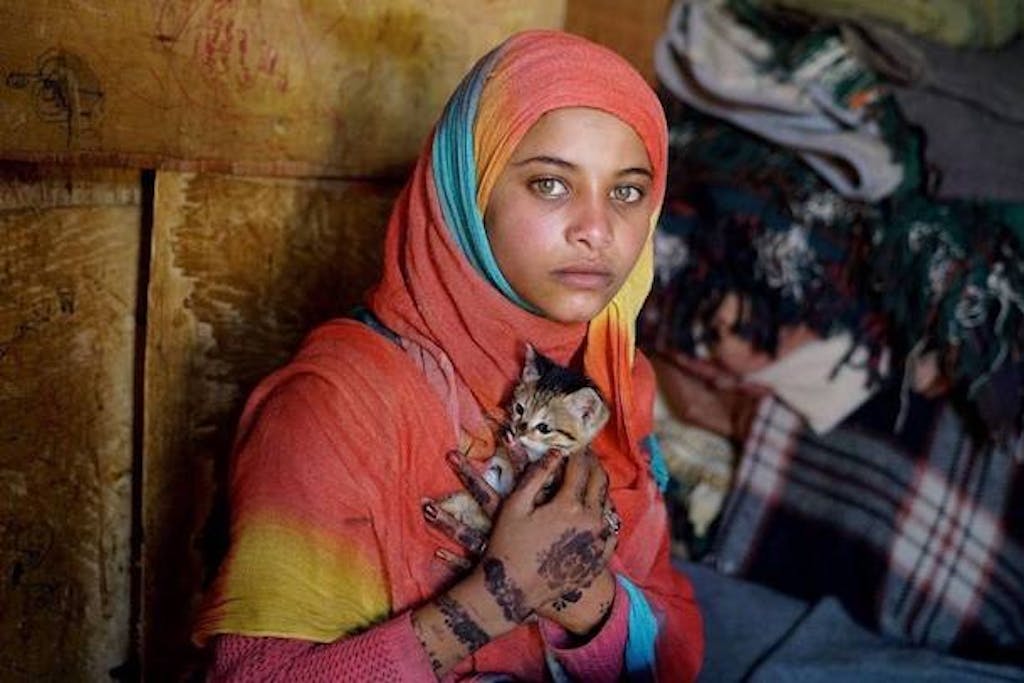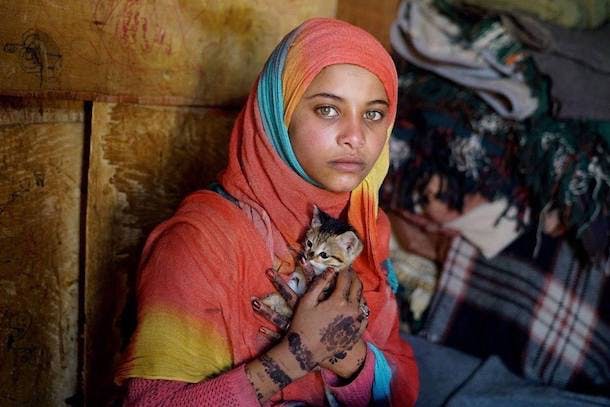
The end of March will mark three years of suffering and conflict in Yemen, which the United Nations has called “the worst man-made humanitarian crisis of our time.” UN agencies and partners are working to help the 22 million people in need of humanitarian assistance, but resources aren’t keeping up with the growing needs. Now is the time to support the UN humanitarian response and help some of the world’s most vulnerable people.
How You Can Help
You can donate to the UN’s Yemen Humanitarian Fund. Your support helps humanitarian organizations working in Yemen provide food, water, shelter, and other aid.
You can also raise your voice and let your friends, families, and social networks know about what is happening in Yemen and the need for help. Follow @OCHAYemen on Twitter to share updates.
How the UN is Helping
The UN Office for the Coordination of Humanitarian Affairs (OCHA) has issued a humanitarian response plan and an appeal for $2.96 billion in 2018 to bring relief to those that are afflicted. On April 3, the UN and the governments of Sweden and Switzerland are hosting a high-level pledging event to raise funds for this plan (So far, the plan is less than 4% funded).
Hunger and disease are among the serious issues facing the people of Yemen. Nearly 18 million people are food insecure, and Yemen is vulnerable to disease outbreaks, as evidenced by last year’s massive cholera out
Along with the humanitarian need to provide food relief for the millions of people that are in dire need, there is also a need to deal with cholera outbreak that started in 2016. It is feared that the cholera outbreak, which had already claimed more than 2,000 lives, could flare up again soon due to the rainy season.
To address humanitarian needs, UN agencies are on the ground, working to provide relief. This includes:
World Food Programme (WFP) – Providing food aid to more than 7 million people a month; transporting humanitarian aid.
World Health Organization (WHO) – Providing supplies, medicines, and ambulances; supporting disease surveillance and outbreak response; aiding local health partners with training and other needs.
UN Refugee Agency (UNHCR) – Providing shelter, mattresses, blankets, kitchen sets, and other supplies to displaced Yemenis, as well as refugees and asylum-seekers; supporting people in need with legal and psycho-social services.
UN Children’s Fund (UNICEF) – Providing safe learning spaces and psycho-social support for children; expanding access to safe water and sanitation; support vaccination against measles and polio; and treating children with malnutrition.
UN Population Fund (UNFPA) – Providing health services, for girls and women; distributing dignity kits and reproductive health kits; providing psycho-social support and other services related to gender-based violence.
UN Development Programme (UNDP) – Working with local partners to restore basic social services and improve local governance; helping people find work and earn an income; and helping local communities build resilience.
UN Migration Agency (IOM) – Tracking displacement to assess needs; providing emergency assistance in the areas of water, sanitation, and hygiene, as well as other relief supplies; providing aid to stranded migrants.
UN agencies and humanitarian partners are working hard to deliver lifesaving aid, but gaining access to deliver this aid has been difficult. The UN continues to call on parties to the conflict to meet their obligations under humanitarian law for “free and unimpeded access to deliver assistance to people in need.”
Former head of the UN humanitarian response in Yemen, Jaime McGoldrick, said, “While humanitarian assistance is not the solution to the plight of the people of Yemen, it is the only lifeline for millions of people.”
[Photo: Giles Clarke/OCHA]

